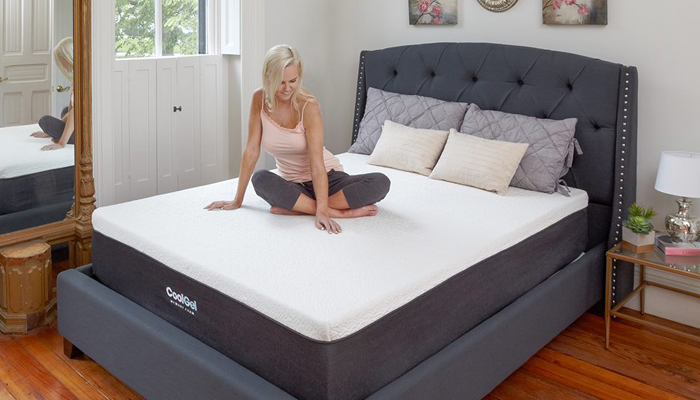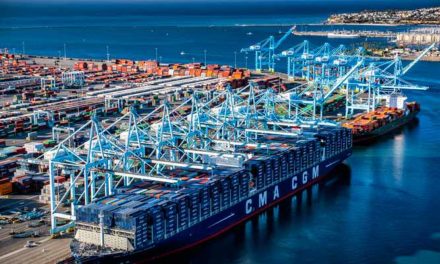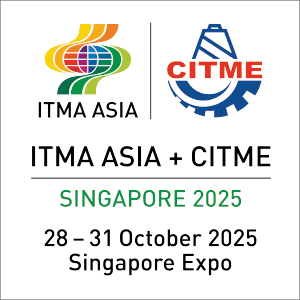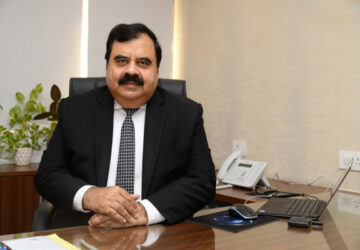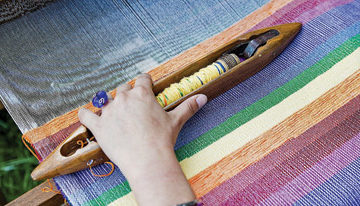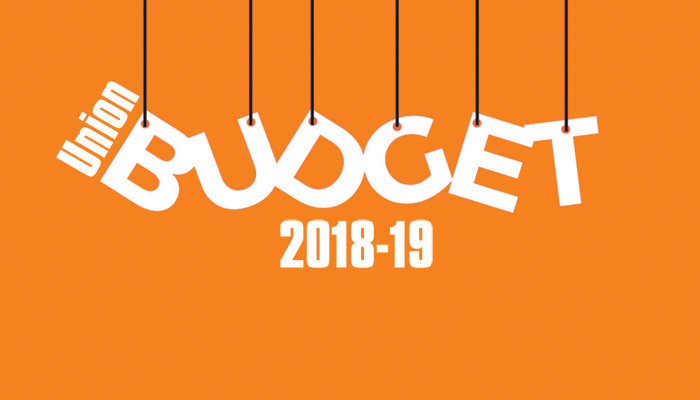Mattress importers showing recently said they moved quickly to diversify their sourcing structure as trade winds turned against Chinese imports. The importers said they are now well positioned to withstand any changes that might occur on the global mattress sourcing scene. The mattress importing landscape has changed rapidly in recent months, with Chinese imports, hammered by tariffs and stiff antidumping duties, falling sharply, and Vietnam taking over the No. 1 position, with a 31 percent share of imports in August, when China had a tiny 1 percent share.
But Indonesia, Cambodia and Serbia all posted significant shipment figures in August, and Indonesia moved into the No. 2 position that month with about 125,000 mattress imports, according to a Raymond James report. Classic Brands, which began importing mattresses from China almost 20 years ago, has shifted that production to Vietnam, Malaysia and Thailand, said Mark Owen, Executive Vice President of Sales and Business Development. He said Classic began shifting its mattress production out of China in the third and fourth quarters of 2018.
Vietnam was a natural alternative because that country offers a “stable, strong workforce,” Owen said.
Ashley has made major commitments to mattress production in Vietnam and is seeing higher quality from the beds it is making there than beds it previously sourced from China, said Brad Rogers, Senior Vice President.
Ashley is serving the US bedding market from its three Vietnamese plants and from a “super plant” in Mississippi, he added. Asked for his assessment of the company’s Vietnamese workforce, Rogers said, “It’s been great. The whole workforce has been great. They want to do well.”
MLily USA, owned by a major Chinese bedding company, shifted its mattress production to major facilities in Thailand and Serbia, said Stephen Chen, president, and noted that the company is finishing a 650,000-square-foot facility in South Carolina. “I think we are very well positioned for the future,” Chen said. In the next few years, he added, MLily will probably be looking at a manufacturing facility on the West Coast.
Enso Sleep Systems, a division of Klaussner, shifted its mattress production to Vietnam, said Mark Akerman, President, and is also looking into sourcing from Eastern Europe, which would offer freight savings for East Coast customers, he said. It’s natural for Klaussner to consider new sourcing possibilities around the world, according to Akerman. “Klaussner is a global sourcing company,” he noted. “That’s our strength.”


